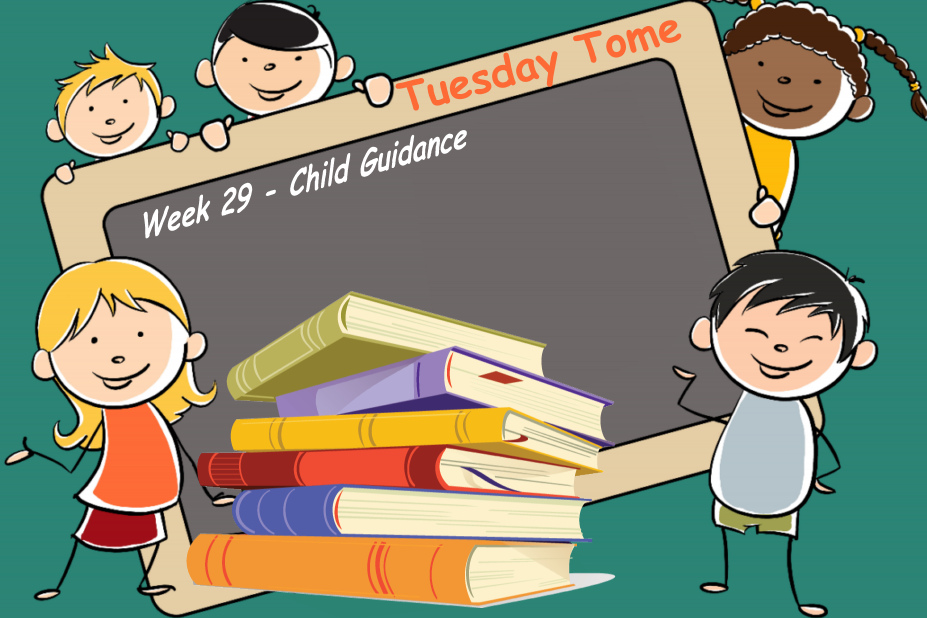If you are a Christian parent, you will probably enjoy Child Guidance, learn a lot, and, at the same time, you will be challenged by it. It would be hard to read it in one week because it is such a deeply spiritual book. You would want to savor some of the principles outlined and really meditate and pray about them before you read more pages.
It contains practical advice but also general principles in how to guide your child toward maturity. It also makes it clear that we cannot expect children to do and be something we are not, as parents, as adults. So you will be challenged to become a better person, a better parent, a better Christian as you read this book.
Since it was compiled from several books and articles written by E.G. White over 100 years ago, expect some repetition under each heading. Think of it as the same principle presented from different angles. There will be a lot of Scriptural references.
The author was a committed Christian, church leader and missionary. She took the Bible seriously and made it a rule of her life. If you are uncomfortable with that, this book is not for you.
I found many quotes that touched my heart and wish I had taken the time to underline them all. I guess the one that stands out the most was something along the lines that a spoiled child carries a heavy burden for the rest of her life.
Have you seen spoiled children who become adults? I have. They are not happy and they make sure everybody around them is unhappy, as well. They are spoiled children in adult bodies.
I recently attended several meetings for children. To protect the anonymity of the children, I won’t give more details than that. Children are cute and lovely but they are not perfect. I get that. Adults are not perfect nor are we perfectly pleasant and unselfish all the time. I know.
But one little girl in particular drew my attention by her spoiled manners. “No, I don’t want you to sit next to me!” she said to another little girl. “No, I don’t want to do this!” – after the teacher had just asked them to perform a certain task. And then she started crying. When two adults in the room finally calmed her down, she explained that the other children were laughing at her.
Now, I was watching the whole scene and nobody was laughing. They also knew nobody was laughing, and told her so. “No, they ARE laughing at me!” She was shouting and sobbing. It was like her own conscience was correcting her from the inside and she did not want to accept it. Instead, she was still blaming others for her own behavior.
That little girl may have had a bad day. Maybe she is not like this all the time. But if this is her behavior consistently and somebody in her life does not take steps to guide her in better ways, she has a difficult road ahead of her.
You may disagree with some of the principles presented in the book – that’s fine. But I would think that, overall, you will greatly benefit, as a Christian parent, from reading and really taking this book to heart.
